Homecoming season is among us at Northwestern State University of Louisiana, and for some students, it brings along joy and attention. Each year Homecoming Court, King and Queen and Mr. and Miss NSU are chosen. These people are nominated to be on the ballot by Recognized Student Organizations (RSOs), and each category has different requirements on GPA, number of nominations, and more. Once you are nominated, then the Student Government Association releases the ballot, and students are allowed to vote on each category. SGA announces results once voting ends, and the winners are constantly celebrated until Homecoming season is over.
This process, from a basic viewpoint, seems fair and accessible for all students. It is students being nominated and voted on by other students, how much better could it get? But in reality, is homecoming another way to highlight some of the same sought-after, popularized students? The Homecoming Court is meant to be a smaller representation of our student body, yet it can feel to some as though it is not accurately representing the diversity or inclusivity that NSU likes to pride itself on.
There are many different reasons why an RSO would nominate a person for a spot on homecoming court, or Mr. and Miss NSU. Whether they are an active member of the RSO, their friend is the president of the organization or they asked them to nominate them, a nomination is a nomination no matter what. For example, you need four to get onto the Homecoming Court Ballot. This means that four different RSOs have to nominate you, whether they are sororities, student media organizations, clubs or a council, anyone who can get four can get themselves onto the ballot. Whether or not your RSO wants to nominate you is a different problem, especially in ones with high numbers of students classified as juniors and seniors. Some students can be involved in an organization for all four years just to not be chosen to receive a nomination over someone else, as each RSO only has a certain number of nominations to give out for each gender. Personal politics in each organization could also lead to certain people getting nominated, regardless of hours of work put in, over certain others.
Is there really a chance to be an underdog in this situation? The more involved you are in an organization on campus and in the community can increase your amount of recognition on campus, but it may also be easier for certain students to do those things. For example, if they do not have a job, they will have more time to attend club meetings and activities. If their parents were alumni at NSU, it would be easier for them to get connections on campus and in town. There are equally dedicated individuals that may not be able to be as involved on campus because of bills, tuition and more.
Are there any ways to make this selection process more inclusive? Unfortunately, I do not believe so. One possible way would be to open the ballot to anyone who wants to nominate themselves, instead of having to get nominations from RSOs. Instead of letting organization presidents decide who gets to be on the homecoming court ballot, we could let the individual student decide if they want to be on the ballot (if they meet the requirements). This does not take away the opportunity from anyone and opens it up to students who may be reticent and afraid to ask their RSO to nominate them. The student body still gets the chance to vote for their choice of Homecoming Court, and I feel that if more students got a fair chance to make it on the ballot, they would be more inclined to vote. While the number of votes that were casted this past election is not known, I know many students who chose not to vote because they were not happy with the ballot. If more students felt like their voice was being heard, they would be more involved.

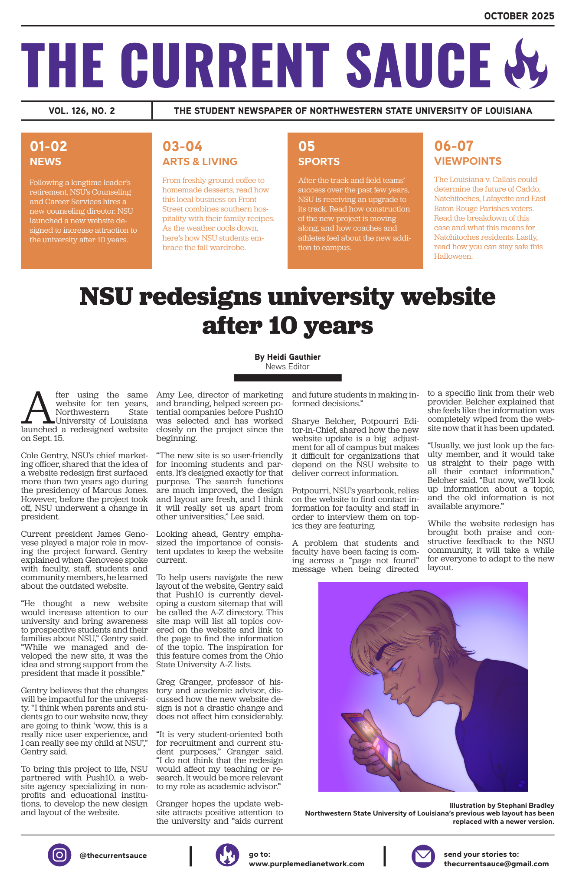




















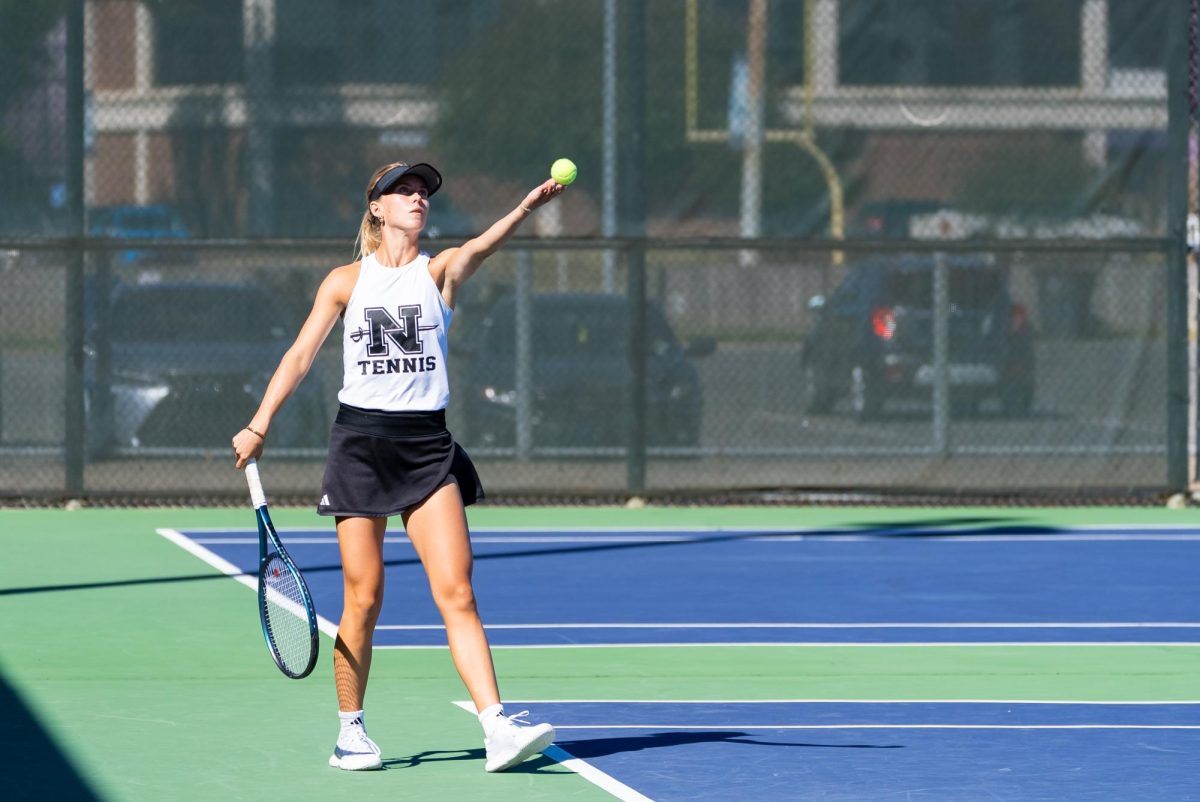
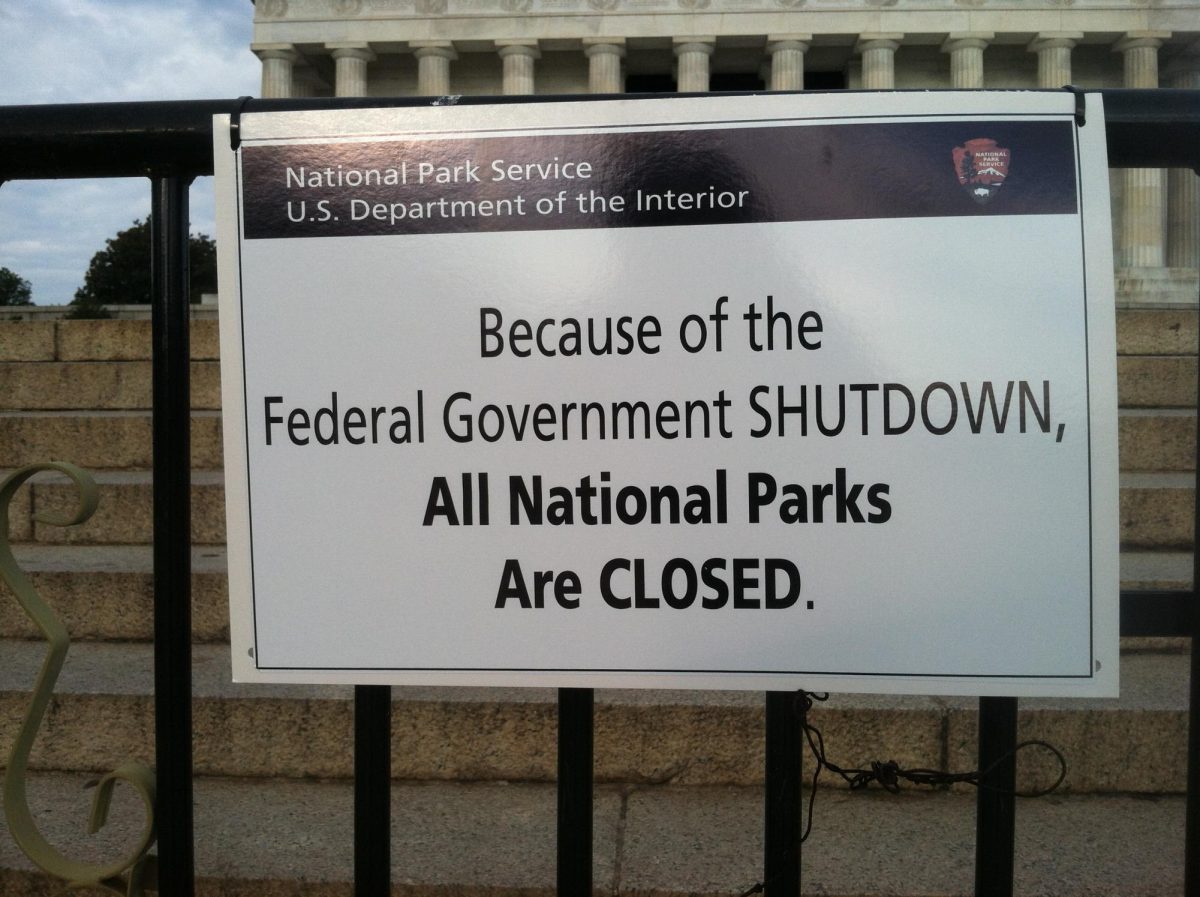

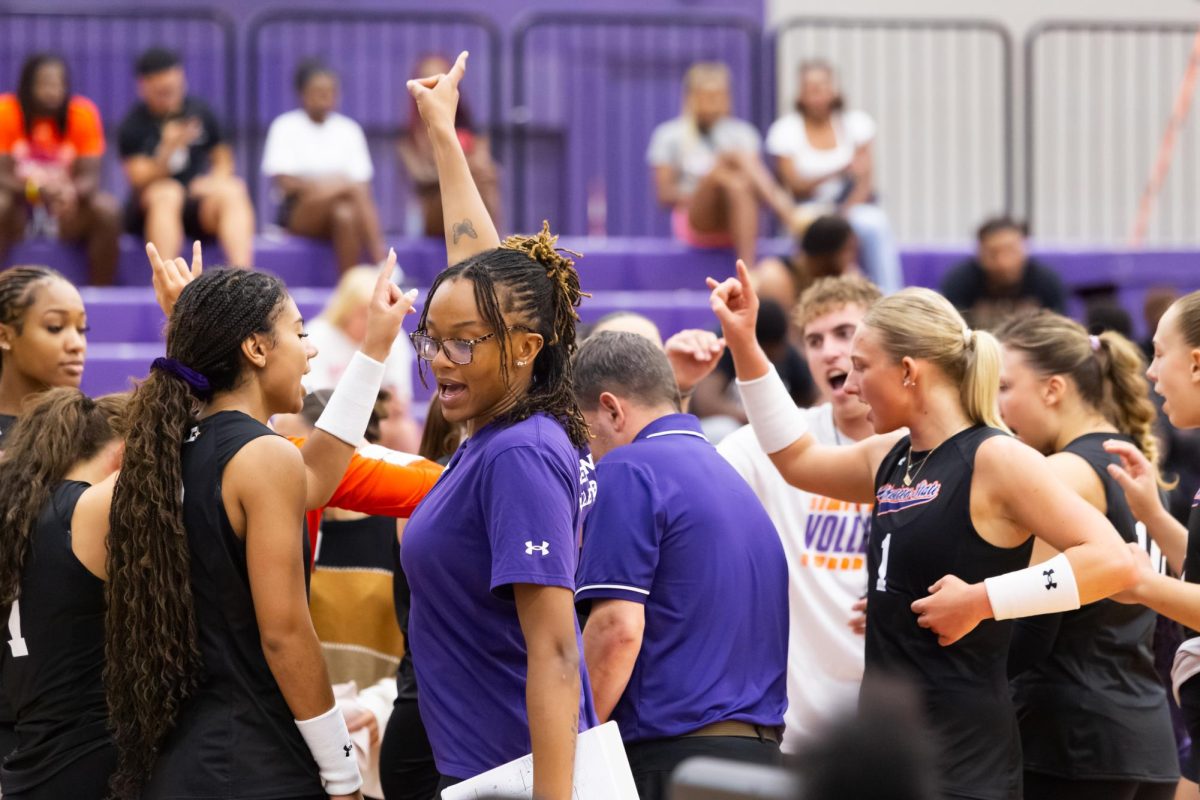
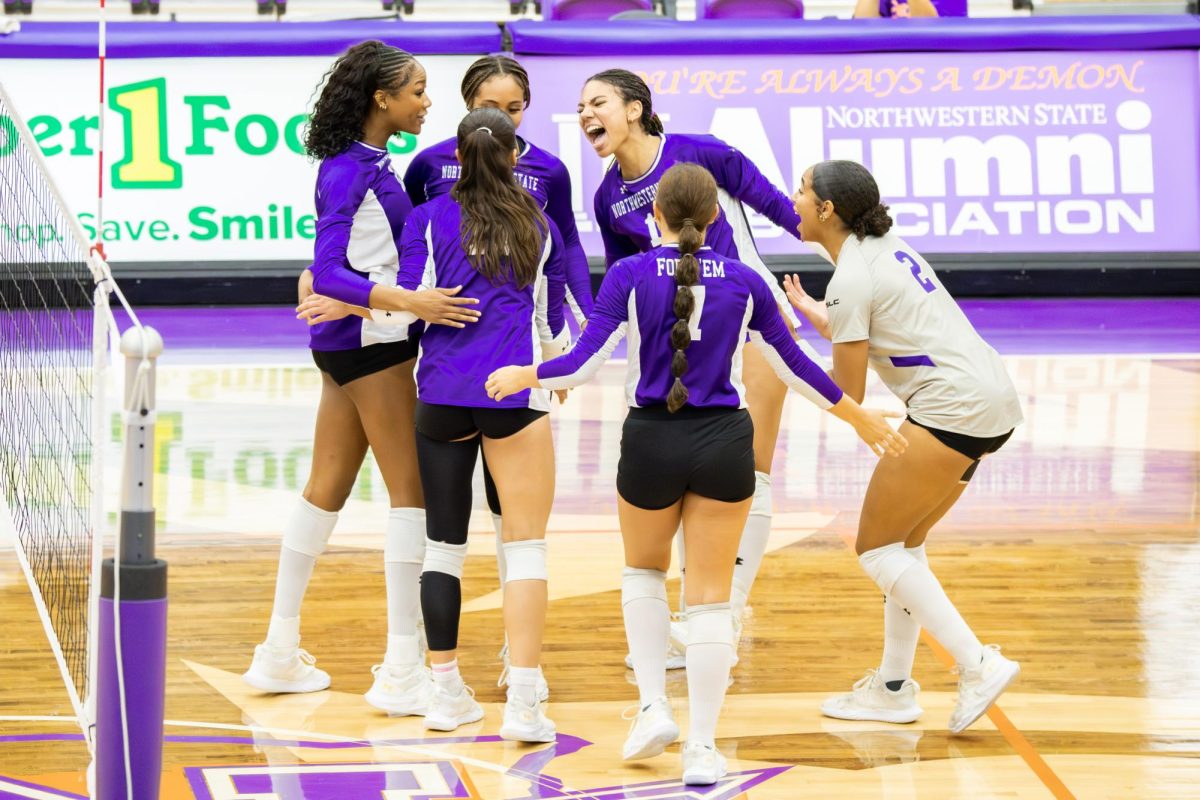
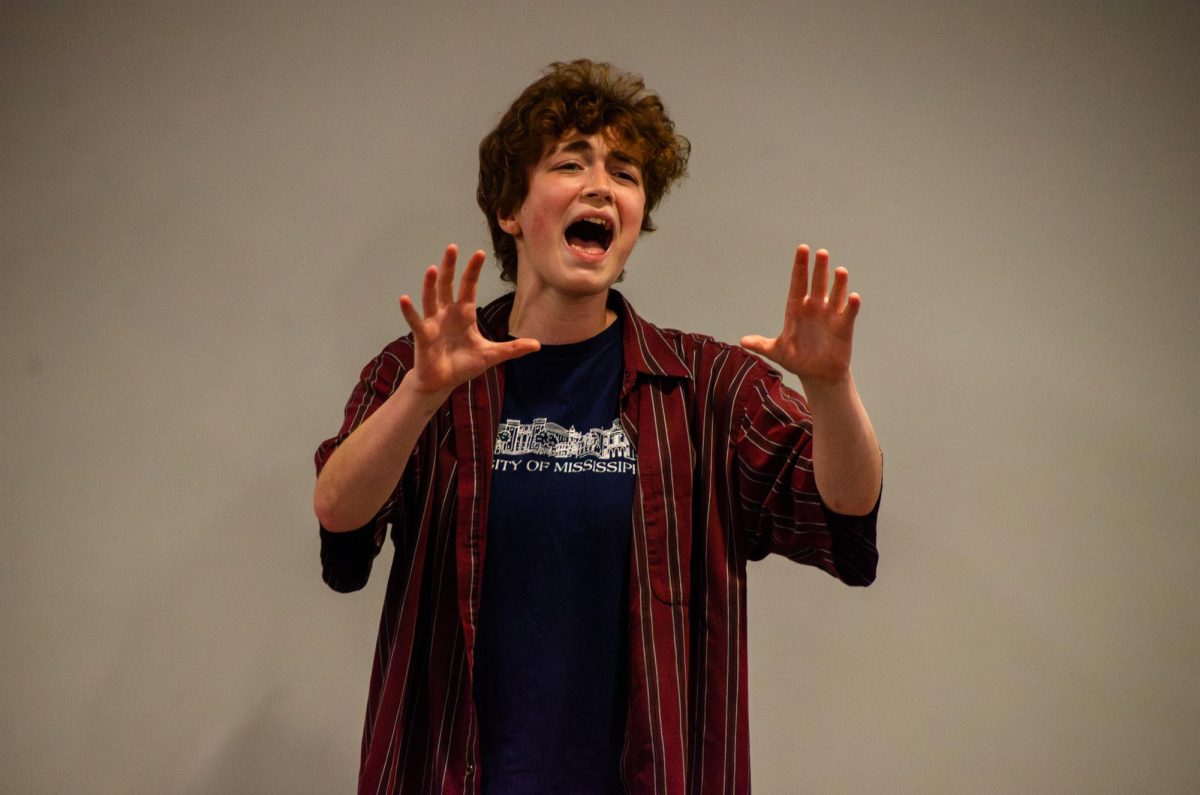

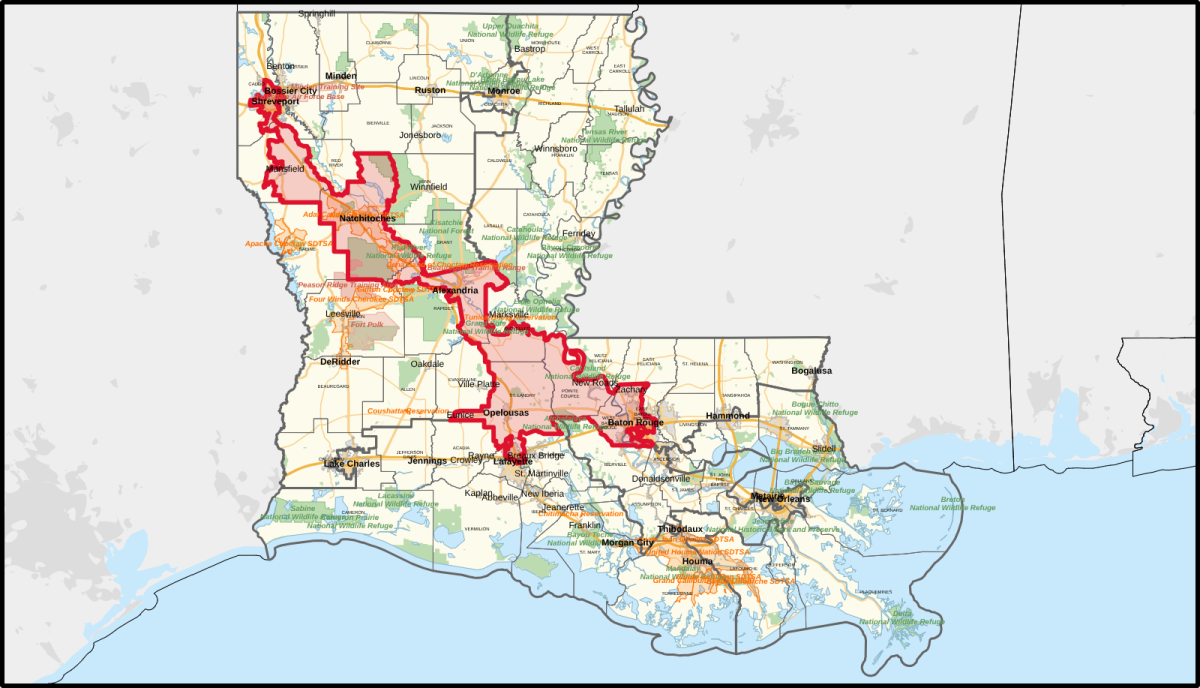





Melody • Nov 8, 2023 at 8:23 am
Good background and an interesting idea to let students nominate themselves. Has that ever been tried before? Maybe you can start a movement to change the requirements.